Body Hardware
Windows, locks and latches, doors or sliding doors, tailgate, trunk or hatch, mirrors, seat controls (power or manual), seat belts, sunroof, convertible top, glass defect.
What Owners Say
"Door handle would not pop out when key fob was close. Have had to have handle replaced twice."
Anonymous A., MD (2017 Tesla Model S 75 Electric)"I must leave the driver's door that to stay the car."
Anonymous A., MD (2017 Tesla Model S 75 Electric)""Minor noises are generated from the dash/instrument panel area over bumps. Shouldn't happen in car costing this much, or any car for that matter.""
Anonymous, CT (2017 Tesla Model S 75D Electric)""The power recline gear seems to have lost some teeth. So it chatters or grinds while reclining the seat. It still works, but sounds terrible and doesn't move smoothly. Tesla has said they have discontinued the heated/ventilated seats so they can't replace. Fix is for all family members to use the same recline position in their seat memory - so it never changes and that way it is ok.""
Anonymous, CA (2017 Tesla Model S 60 Electric)"The hatch lands too low and scratches the bumper. The car came from the factory this way and I made many attempts to get them to fix it. I believe the hatch was installed slightly askew and they didn't want to do serious body work to change it, so they just kept pretending like they fixed it with bumper adjustments, etc. until it was out of warranty."
Anonymous A., CA (2017 Tesla Model S 75 Electric)

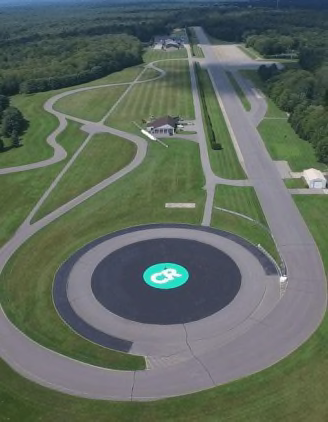
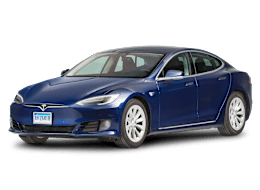
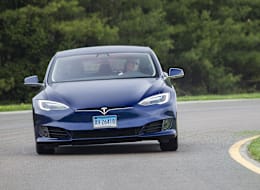
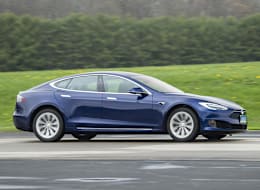
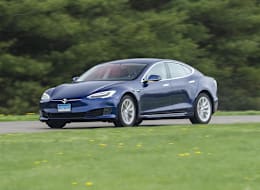
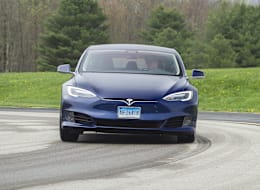
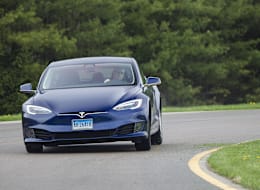
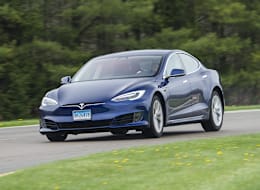
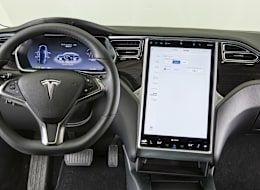

"The foolish self-presenting exterior door handle on the driver's door failed. $465 to fix."
Anonymous, CT (2017 Tesla Model S 75D Electric)